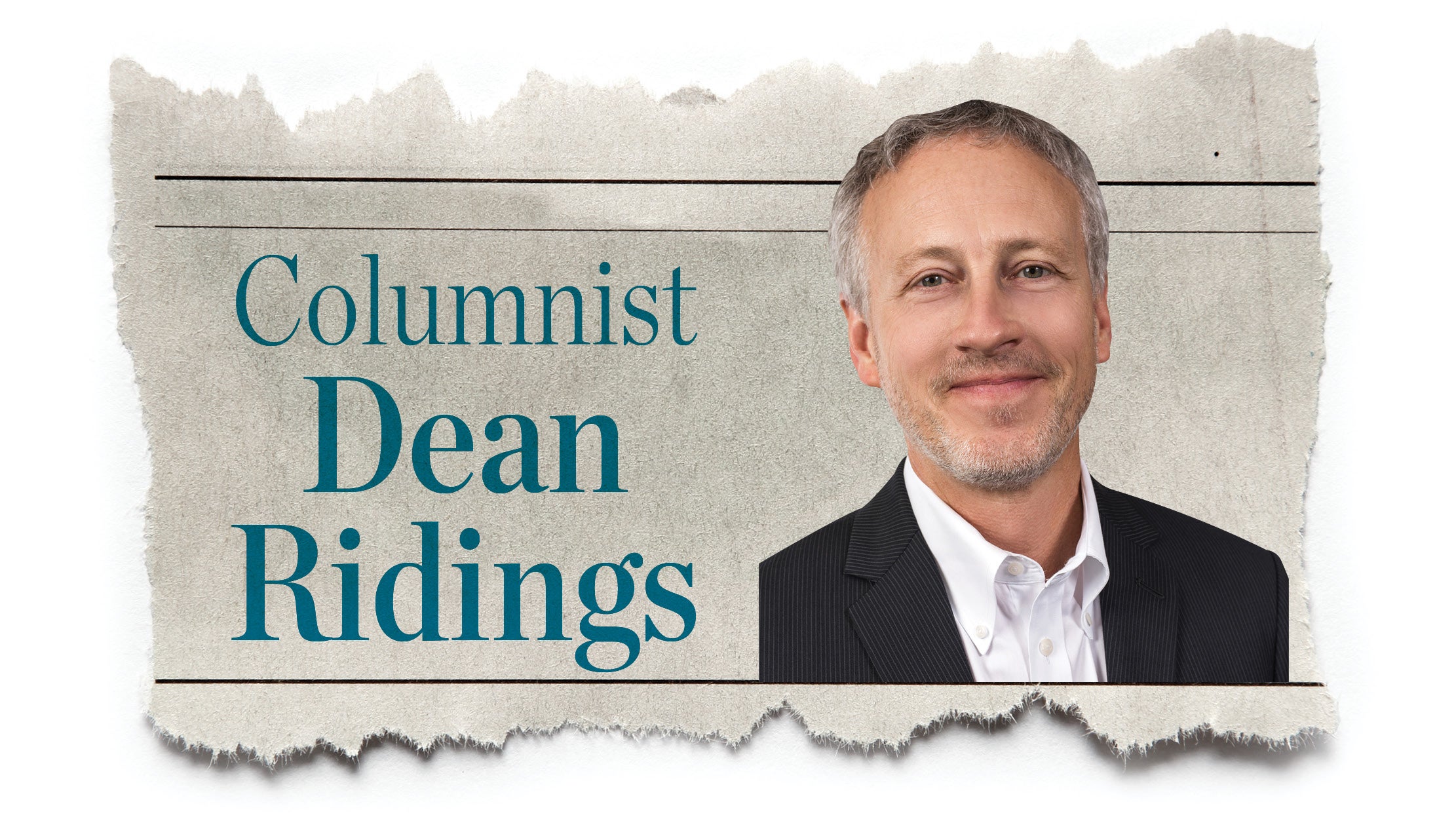History of Holocaust must be taught
Published 7:52 am Monday, December 31, 2018
In one month, the world will pause to remember those who died under the terror of the Nazi regime as it observes Holocaust Remembrance Day on Jan. 27.
The persecution and murder of six million Jews at the order of the German state under Adolph Hitler amounted to two-thirds of the Jewish population in Europe. In addition, the Nazis targeted the Roma population of the countries they occupied, as well as Poles, Slavs, gay men, prisoners of war, political opponents, Jehovah’s Witnesses and others, who were sent to their deaths in a network of concentration camps during World War II, bringing the overall death toll to more than 17 million.
There has been a wealth of historical works, originating from survivors’ accounts and details and proof of the Nazi atrocities are abundant, however, earlier this year, a disturbing phenomena began to become apparent.
As the decades pass and the Holocaust moves further into history, Americans’ knowledge of the event is similarly fading.
A survey, commissioned by the Conference on Jewish Material Claims Against Germany, found that large numbers of people in the U.S. do not know the basic facts of the matter.
Only 31 percent could identify Poland as a country where the Holocaust took place, despite the fact that 3 million Polish citizens were murdered, one of the highest of any nation the Germans invaded.
The camp Auschwitz was a major center of the killings and its name has become a shorthand for the horrors of the time, yet 41 percent of respondents told interviewers they did not know what it was.
More troublesome is the fact that many respondents, 31 percent, said they believed a substantially lower number of people were killed in the Holocaust, despite the fact that figure of six million Jews is widely agreed upon by reputable historians.
Whether this is due to a general ignorance or the falling for efforts of Holocaust deniers, conspiracy theorists and neo-Nazi groups to downplay Hitler’s crimes, is unclear. But to have such a fundamental misunderstanding of the scope of the horror is simply not acceptable.
The lack of knowledge was highest in millennials interviewed in the survey, with 22 percent of those between 18 and 34 saying they were unsure if they had heard of the Holocaust.
Perhaps it is only natural that there would be a greater understanding of the Holocaust while large numbers of survivors were still among us, giving it more immediacy.
But, as that generation leaves us, it is imperative that we not let the history become simply a numerical figure, disconnected from any context, to future generations. This is not just to honor the memory of those who perished, but to prevent such crimes from occurring again.
It seems almost cliché to say that those who not learn from the past are forever condemned to repeat it, but this is certainly the case.
It is an understanding of our past that shapes humanity’s perception of its present. And if those in the future do not fully understand how the Holocaust came about, the mantra the world agreed on of “Never again!” could become meaningless.
We have recently seen a resurgence of racial attacks and in hate groups worldwide, including here in the United States, where this could be seen on full display as far right groups took part in a violent march through Charlottesville last year, with swastika flags in hand.
It is our hope that, in coming weeks, local educators, as well as those across the nation, make it a point to teach the history of what occurred in Europe in the 1940s.
While such horrors may be grisly and dark subject matter, it is imperative that they be shared with an age appropriate audience.
In addition to traditional classroom lessons, there are many means of conveying this information.
For instance, Steven Spielberg’s 1993 film Schindler’s List is in re-release for its 25th anniversary,while Art Spiegelman’s Pulitzer Prize-winning historical graphic novel “Maus” is readily available in most libraries.
But, more important than forms of media, the best lesson is to hear about it firsthand.
Many survivors of the Holocaust have dedicated their lives to speaking to students and informing them. The National Holocaust Memorial Museum in Washington, D.C. works to book these speakers nationwide.
Whatever method teachers choose, we hope they use the coming month to put a strong emphasis on this lesson and reversing the fading of knowledge.
Only by understanding the underlying causes and the true extent of the atrocities committed can we begin to ensure that such an event never occurs again.




